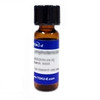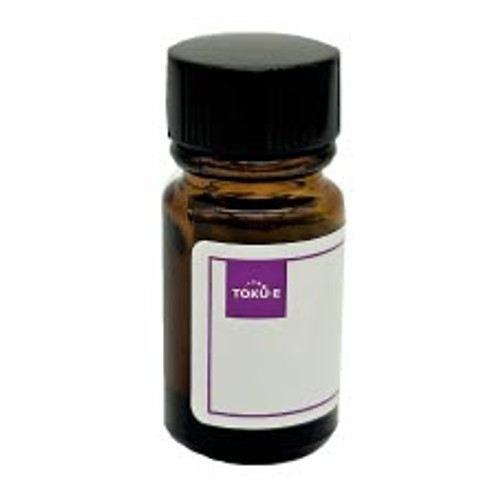Pravastatin sodium is the salt of pravastatin, a ring-opened member of the statin family. Pravastatin is produced biosynthetically from compactin (mevastatin) by a number of microorganisms, notably Absidia, Cunninghamella, Syncephalastrum, Nocardia or Streptomyces. Typically, statins like compactin, lovastatin and simvastatin possess a β-hydroxy lactone ring which is a pro-drug for the readily ring-opened dihydroxyacid generally regarded as the active HMG-CoA reductase inhibitor. Importantly, the free carboxylic acid enables pravastatin to be freely water soluble within biological pH ranges.
Pravastatin sodium is soluble in ethanol, methanol, DMF, DMSO, and water.
Pravastatin sodium is soluble in ethanol, methanol, DMF, DMSO, and water.
| References | Terahara A. US Patent 4,346,227 (1982). Terahara A. US Patent 4,537,859 (1985). Effect of CS-514, an inhibitor of 3-hydroxy-3-methylglutaryl coenzyme A reductase, on lipoprotein and apolipoprotein in plasma of hypercholesterolemic diabetics. Yoshino G. et al. Diabetes Res. Clin. Pract. 1986, 2, 179. CS-514, a competitive inhibitor of 3-hydroxy-3-methylglutaryl coenzyme A reductase: tissue-selective inhibition of sterol synthesis and hypolipidemic effect on various animal species. Tsujita Y. et al. Biochim Biophys Acta 1986, 877, 50. |








